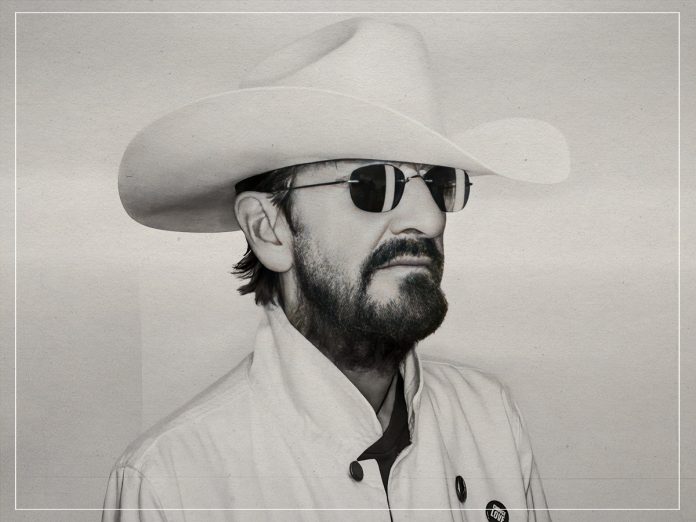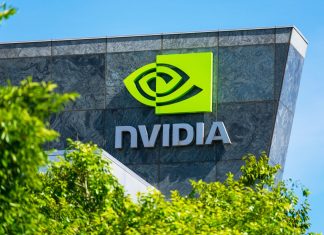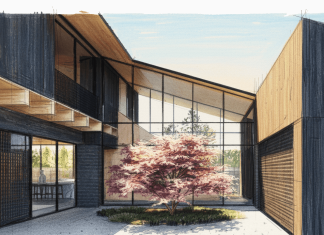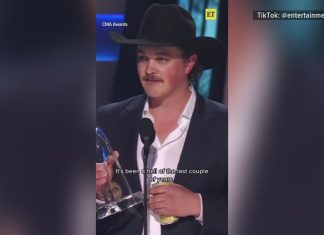
(Credits: Far Out / Dan Winters)
By 1974, the solo careers of The Beatles had began to identify themselves.
Paul McCartney, John Lennon, and George Harrison had all proved they were liberated by the dissolution of the band. While Lennon and McCartney briefly engaged in a sparring of songs, ultimately their solo records, most notably RAM and Imagine, proved they were still as brilliant as ever. Meanwhile, the long-haired Harrison had been set free, embracing his spiritualism wholly and finally exercising his right to write his own music.
But like the middle child of the band, certain fans cast their interest in Ringo Starr aside. He was almost expected to be fine, given how the 1960s were propped by unrelenting energy and permanently sported a grin. But in reality, the break-up of the band was arguably most confusing for him, simply because he wasn’t a natural songwriter like the others. He was the ultimate team player in the band, and suddenly, without a team, what was left for him?
So in 1974, Starr searched for purpose in various formats. It started off with another solo album, Goodnight Vienna, which delivered all the notes you wanted from a Starr solo effort. It was fun, upbeat tracks and showcased a high-quality production style. But it didn’t quite scratch the collaborative itch that he had been missing since those days in the 1960s.
That’s when he decided to jump on set, to produce and star in a film alongside fellow music royalty. Directed by Freddie Francis, Son Of Dracula follows Harry Nilsson as Count Downe, the son of Count Dracula, who battles with Baron Frankenstein to be king of the netherworld. With Nilsson as the lead and Starr in support, along with the notoriously wild John Bonham, Keith Moon, Jim Price, the film was unsurprisingly a box office flop.
It was chaotic and misguided, largely because of how drunk all the cast were during filming. Starr recalled, “I remember I did a movie on Harry Nilsson. He had all these players in the band, John Bonham, Keith Moon, Jim Price, and it was costing me just union rate, only about 30 quid a day. But it was costing £1000 for booze! They were all gone by noon. It was funny. It was fun times, we were just out there playing and making stuff.”
That playful essence is what The Beatles were so good at capturing in their pomp during the previous decade. But it was clear that on the set of Son of Dracula, the party was starting to end. The years were rolling on, and the projects were becoming less engaging, and so Starr noticed the clear lack of innocence in his behaviour.
He added, “Someone said, ‘We weren’t musicians dabbling in drugs and alcohol; now we were junkies dabbling in music.’ I was sliding down, I wasn’t taking enough interest.”
You can’t knock Starr for trying to diversify his artistic career. However, he gets no sympathy for his cast selection for it was a who’s who of the decades most hedonistic musicians.
Related Topics
The Far Out Beatles Newsletter
All the latest stories about The Beatles from the independent voice of culture.
Straight to your inbox.







